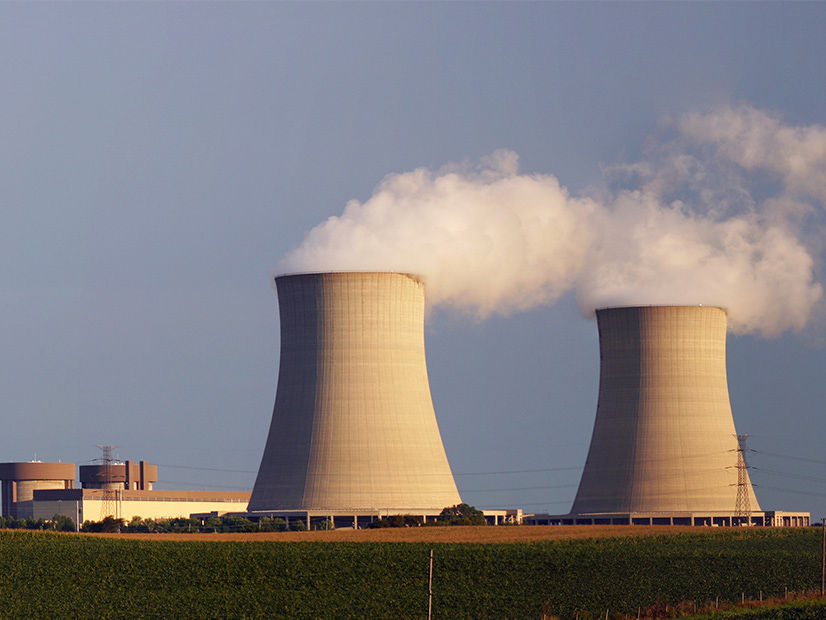
The Illinois House of Representatives was debating a slew of changes Thursday evening made by the Senate a week earlier to the Energy Transition Act.
The massive landmark bill, in the making for three years, aims to make Illinois power generation 50% renewable by 2045 and 100% by 2050. Renewable energy currently comprises just 7% of the power sold in Illinois.
It would also require the closing of all gas and coal burning power plants by 2045 while funneling nearly $700 million to Exelon (NASDAQ:EXC) over the next five years to keep two of the company’s six Illinois nuclear plants operating.
Exelon has said it will close one of the two reactors at its Byron nuclear plant on Sept. 13 unless the state approves the bailout. The reactor was running at 80% Thursday morning, according to the U.S. Nuclear Regulatory Commission, coasting down to a shutdown for refueling.
The legislation would also funnel millions of dollars into a special fund to help homeowners finance rooftop solar. That fund was depleted earlier in the year, and the home solar business slowed down significantly.
The House Executive Committee held a hearing Thursday afternoon in which downstate Republican members sharply criticized the bill’s intent to force municipal coal plants to close or sequester emissions.
The full House convened late afternoon, only to recess at the request of Republican members who said they needed to caucus to review the changes in the legislation. The changes amounted to more than five pages and included:
-
- requirements that the 1,600-MW Prairie State and City Water, Light & Power’s 2,000-MW Dallman, which serves Springfield, coal-fired plants achieve carbon-emission reductions of 45% by 2035. If the two facilities can capture and sequester 100% their carbon emissions by 2045, they would be able to continue to operate. On Thursday morning, the language in the amended bill would have funneled up to $200 million to Prairie State to finance emission reductions, but that had been stripped out by late afternoon.
- a provision allowing the Illinois Environmental Protection Agency to use existing funds to create a $4,000 rebate for consumers who by an electric vehicle.
- an expanded and detailed ethics section that requires each utility to create the position of a chief ethics and compliance officer who would be required to submit annual reports to the Illinois Commerce Commission
Republican representatives mounted a strong opposition to the legislation during a prolonged debate Thursday night. They dismissed global climate change, often used by the Democrats as a reason to approve the legislation. They argued that when the coal is shut down, MISO will be short of power and the state will import coal power from surrounding states. And they blasted the “clean energy job creation,” aspects of the legislation, countering that the state’s community colleges already offer such programs.
The legislation has been estimated to cost residential ratepayers $3.51/month, but opponents argued that the delivery side of the bill would also increase.
The nuclear bailout also rankled many of the Republican members, some of whom recalled that Exelon subsidiary Commonwealth Edison had agreed to pay $200 million fine in connection with a federal corruption probe.
Earlier in the day, two critically important groups, a coalition of unions that have organized under the umbrella Climate Jobs Illinois and Illinois Clean Jobs Coalition, announced their support for the bill as it was then written.
Gov. J.B. Pritzker also said he would sign the bill if lawmakers could pass it.


